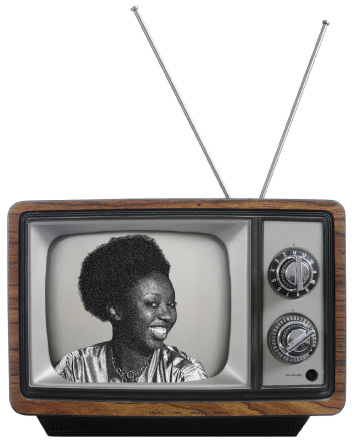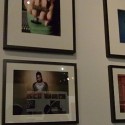Canadian TV in black and white
You can judge the value that you place on something by the time and finances that you devote to it. So if we use that as the bar, we see that the Canadian TV industry doesn’t highly value black Canadian experiences. Our goal as black communities is to see ourselves reflected in some way. But disappointingly, perhaps the one way that Canadian networks do mirror the American television format is that you don’t see us on prime time; and you don’t see us being decision-makers regarding what is televised during prime time. That’s not an accidental thing; that’s taken years to cultivate and it will take years to change.
We’ve got to make active progress in turning that around. In the United States there are foundations and studio-based initiatives that are specifically aimed at training minorities, women and actors of colour, and these programs allow studios to take new talent under their wings.
Now, it may not happen overnight, but one day these people will be running a studio. You slowly begin to change the faces who are involved with the studios and what is presented. I believe that we need to adopt that model and say, “We’ve got amazing talent and a lot of different voices that people want to hear.”
I don’t think that anyone can ignore the fact that we’re in trouble in Canada, in terms of making a concentrated effort to develop shows and writers reflecting our unique and diverse voices. If our goal is just to make poor imitations of American shows, then I suggest that we rethink that situation. There are things that we Canadians do very well, which are unique and find popularity. Shows like da Kink and Little Mosque have strong fan bases because these are stories that are unique to Canada and people want to hear them.
While in the States, I work with a lot of teenagers and preteens, and every one of them knows about Degrassi. Now, that show doesn’t have an O.C. formula or Beverly Hills 90210 formula; it’s unique and it has a Canadian voice. Shows like Degrassi prove that we can develop shows that have strength across the border.
Now, there are a lot of things that have to click in place for us to create viable representations of our communities that reach across race, borders and nationalities. Primarily, we need producing entities that are open and receptive, and believe that our communities have something to be said. We also have to remember that everything doesn’t have to be a critical darling! Trailer Park Boys is a huge hit because it taps into a culture and a market and has broad-based appeal.
I realize that being so close to the States, we can’t help but be influenced by their airwaves. But we shouldn’t be led. At this point it seems as though we are being led by American culture, instead of having a voice and identity unto ourselves. I hope that, within the next five to 10 years, all of our networks will have a different perspective on their programming. We have to stop looking to Americans (who incidentally, look to the British for their programming anyway!) and rethink what it is people really want to see. Let’s reflect ourselves on the television landscape and do what we do well.
Annmarie Morais is a Canadian writer best known for penning the feature film How She Move, and Canadian TV series da Kink In My Hair and Hotel Babylon.







The roles most commonly open to those of racial diversity are usually fantasy or sci-fi. The concept that viewers see blacks(or any other race) far more acceptable as aliens, is a more discouraging aspect of diversity on television. Or on the other hand fans of this genre may prefer more inclusiveness than others.
Leave your response!